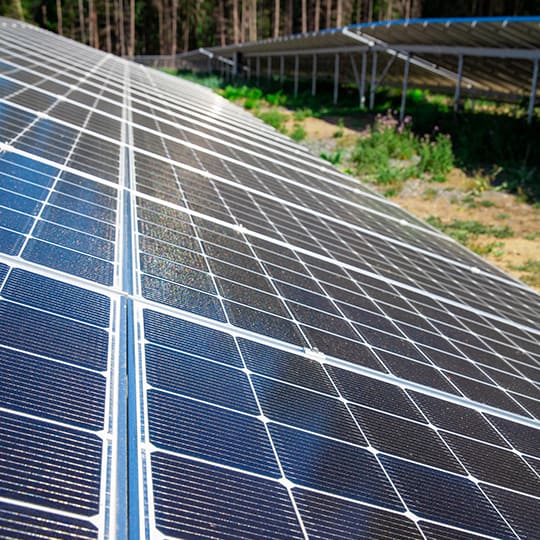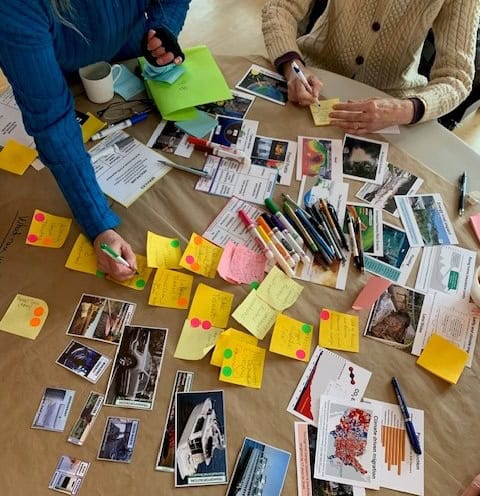OPALCO Files a Draft License Application with Federal Energy Regulatory Commission
OPALCO filed a Draft License Application with the Federal Regulatory Commission (FERC) today for a 10-year pilot project license for OPALCO’s proposed Rosario Strait Tidal Energy Project. In June 2024, OPALCO was awarded a grant by the Department of Energy to file this application and study the feasibility of installing a tidal energy device in Rosario Strait.
The purpose of the Project is to demonstrate the potential for a new source of clean, locally produced, renewable electricity generated from tidal currents in Rosario Strait. OPALCO will use the O2X device by Orbital Marine. Issuance of a pilot project license will allow OPALCO to demonstrate that electricity can be generated from tidal currents and power can be transmitted directly to a remote community with an isolated power grid without adverse environmental effects. The project will be located in the Rosario Strait in the Salish Sea.
OPALCO is seeing that our region is facing some big issues as power costs go up and power reliability goes down. It is important for OPALCO to explore local, renewable energy sources and utilize grant funds while they are available. The energy world is changing dramatically due to climate impacts, carbon reduction legislation, and the transition toward renewable power. OPALCO’s dilemma is figuring out how to satisfy increased demand for electricity while our supply of carbon-free firm power is shrinking. As more coal plants shut down and are replaced with intermittent resources (solar and wind), energy blackouts are predicted. We need reliable power when the sun isn’t shining and the wind isn’t blowing. Tidal energy could prove to be a good local resource.
“If everything lines up perfectly, a project like this would still take years to get up and running. We may be seeing energy shortfalls before that time,” states OPALCO General Manager, Foster Hildreth. “We can’t wait until things become dire before starting to take action. We continue to explore a variety of solutions to fulfill OPALCO’s mission to get our members affordable and reliable power now and into the future. We need our members to be really engaged in the coming year as we have some big issues on the table and will need their input.”
The Draft License Application compiles the best available science, presents the results of the site characterization studies, and includes a discussion of existing conditions affects analysis. Through this application, FERC will open separate tribal consultation (government-to-government, 60 days, but our understanding is that FERC will extend as needed) and 30-day public comment periods. Based on the government-to-government consultation results and the public comments, FERC will decide on next steps and whether to advance the project to the Final License Application (FLA) stage. It’s during the FLA process that Section 106 of the National Historic Preservation Act, permitting, and any additional studies required by FERC would occur.
Future phases of the project are dependent on FERC’s acceptance of the Draft License Application, the Department of Energy’s (DOE) grant funding process and DOE’s decision to continue funding future phases.
Comments can be filed with FERC for up to 30-60 days following the filing date. The application may be accessed at FERC’s eLibrary under Project No. 15368 at the following link: https://elibrary.ferc.gov/eLibrary/docinfo?accession_num=20250326-5111
For more information about this project visit https://www.opalco.com/tidal or email communications@opalco.com.



